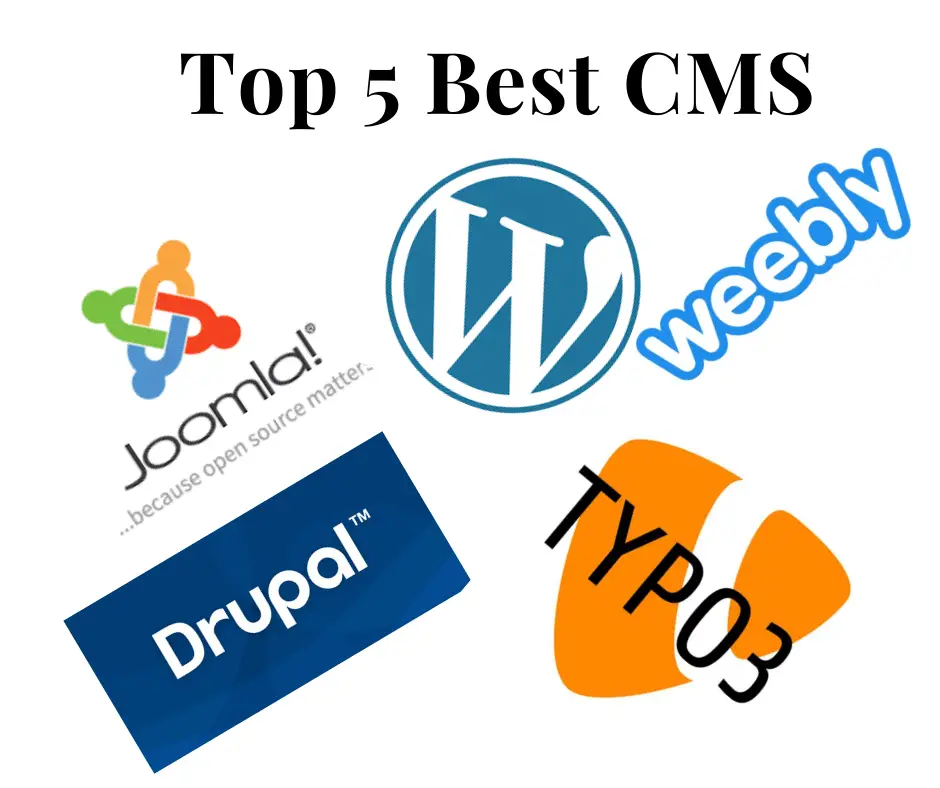Language tech: examining the digital industry
Technology has come a long way in the past few decades. With the invention of the internet and digital devices, we have seen an explosion of new technology-based industries. One such industry is language technology (or “language tech”).
This sector encompasses all aspects of digital communication, including translation, interpretation, localization, and more. In this blog post, we will examine the language tech industry and discuss its current state and future prospects.
One of the fastest-growing sectors in the world
The language tech industry is currently one of the fastest-growing sectors in the world and is thought to be worth billions of dollars. This is due in part to the increasing demand for digital content and services.
In addition, the rise of new technologies such as artificial intelligence (AI) and machine translation has made it possible for language tech companies to offer more sophisticated products and services. Some of these services include language programs that make it easier than ever before to learn. For instance, you can now learn Japanese online via the use of technologies that have been made available, rather than having to utilize some of the more conventional methods that are available such as books and other forms of print.
Naturally, as a result of the advancements that have been experienced, the industry is expected to continue to grow at a rapid pace in the coming years.
How is language technology being used?
One of the most popular applications of language technology is machine translation (MT). This technology is used to automatically translate text from one language to another. MT is commonly used by businesses to quickly and efficiently translate large volumes of text, such as website content or product manuals, thus highlighting how vital it is for organizations to operate.
In addition to machine translation, there are a number of other ways that language tech can be used. For example, localization services can be used to adapt digital content for different markets. This includes translating texts into local languages and adjusting them for cultural differences. Additionally, interpretation services can be used to provide real-time translations of spoken conversations or meetings.
Why is the language tech industry something to be excited about?
One of the most exciting aspects of the language tech industry is its potential to impact global communication. With the help of technology, we can now communicate with anyone in the world, regardless of language barriers. This has immense implications for education, business, and diplomacy. In an increasingly connected world, language tech can help us break down barriers and build bridges between cultures.
The potential global implications of the language tech industry are far-reaching. The possibilities are endless, and we are only just beginning to scratch the surface of what language tech can do.
What are the challenges facing the language tech industry?
Despite its rapid growth, the language tech industry faces a number of challenges. One of the biggest challenges is the lack of standardization. This means that there is no agreed-upon set of standards for how language technology should be used or developed. As a result, there is a lot of variation in the quality of products and services on the market.
Another challenge facing the industry is the increasing complexity of digital content. This includes texts that are written in multiple languages or that use new technologies such as AI. To properly translate and interpret this type of content, language tech companies need to invest in specialized tools and expertise.
What does the future hold for the industry globally?
Looking to the future, it is clear that the language tech industry will continue to play a vital role in our increasingly connected world. As we become more reliant on technology for communication, this sector will only become more important. With its ability to break down barriers and promote understanding, language tech has the potential to change the world for the better. As only time will tell, we can only wait and see what the future holds for this exciting industry.




